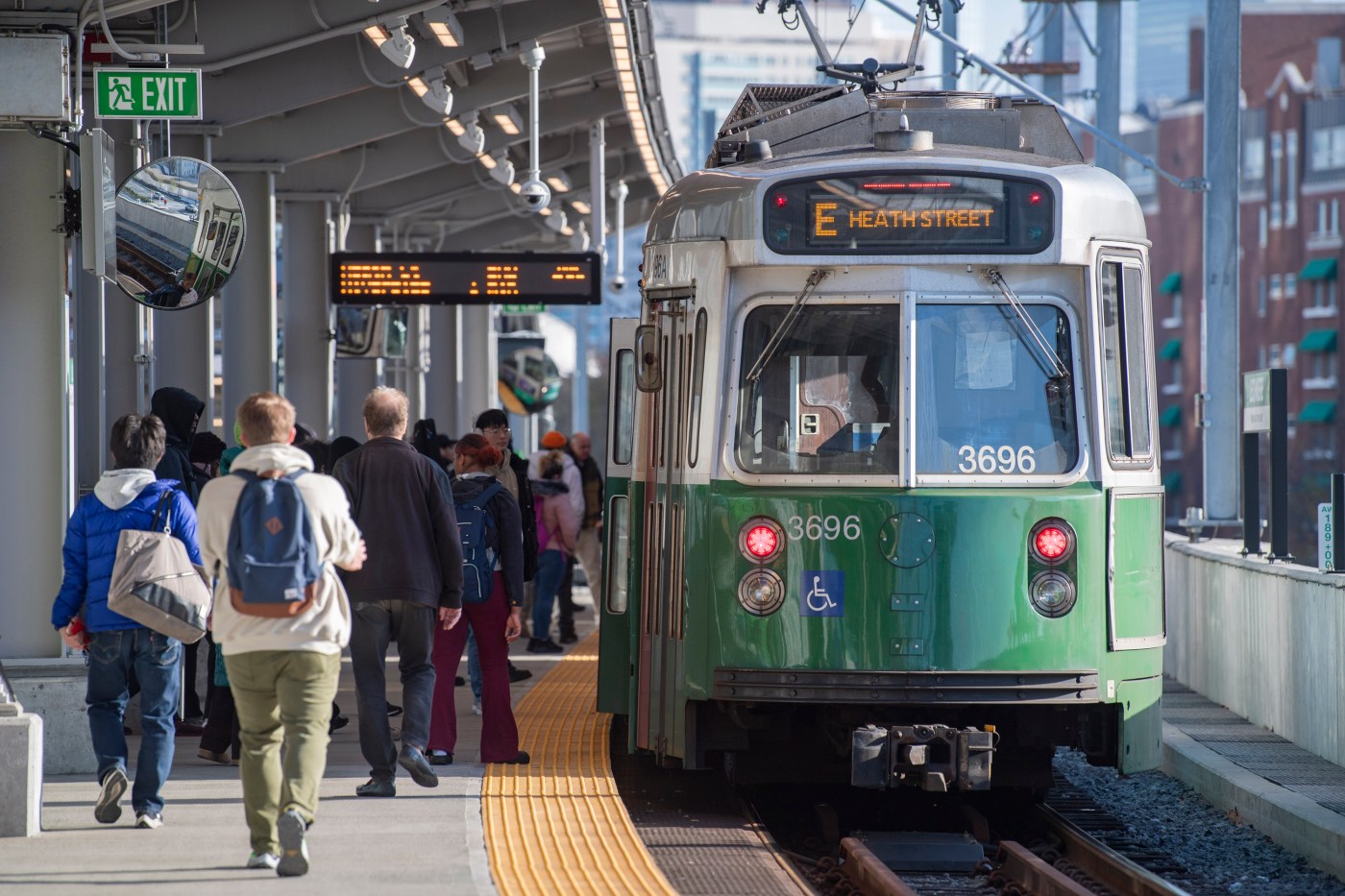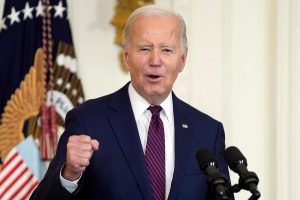
MBTA Advisory Board director: Low-income fare program has ‘no funding source’ in long term
The governor’s reduced fare plan for low-income T riders does not have the necessary long-term funding, MBTA Advisory Board Executive Director Brian Kane said in a Keller @ Large segment that aired Sunday, reflecting on the organization’s continued financial and transparency problems.
“There’s no funding source dedicated for it in the long term,” Kane said. “Gov. Healey has put $45 million in her budget, just because it’s in the governor’s budget doesn’t mean it’s going to actually pass. The legislature has to do what they do. But there’s no money in year two, and the costs for this program rise to about $100 million after five years.”
The MBTA announced the plan to reduce fares on the all T transit services and the Commuter Rail by 50% for low-income riders in January.
The discounts would apply to anyone making under 200% of the federal poverty limit, which translates to about $30,000 for a single-person household or $60,000 a year for a family of four. T officials estimate 60,000 current T riders would meet the threshold.
The lack of long-term funding is a “large concern” for the organization and others, Kane said.
“At the same time, I wish we lived in a society where low-income folks had more access to move around the region,” Kane said. “Has to be paid for though. So this is another one of those decisions where we have to sort of put our wallet where our hearts are.”
The MBTA Board will vote on the reduced fare proposal in March.
Kane also spoke on proposals for new funding sources for the T. The system is currently funded largely by sales tax revenue, which has experienced slow growth and led state officials to seek more sufficient, sustainable funding sources.
“We have this to look forward to,” Kane said of new funding plans. “The governor has said nothing is off the table. What the team is trying to look at is not an over-reliance on one single source of revenue, which is what they have now with the sales tax.”
Kane said he expects to see “more user fees than broad based taxes,” though taxes are not off the table. These fees may include border tolls and parking fees, he listed.
The legislature is split on tax increases, Kane said, noting the gas tax funding mechanism that failed previously. Healey’s new Transportation Task Force, which Kane sits on, is looking for the “sweet spot that is politically feasible as well as produces enough money to sort of get us out of the transportation mess,” he said.
Related Articles
Milton starts to chart path forward after residents reject MBTA zoning bill
Battenfeld: Heavy-handed Healey crushing dissent by punishing communities and voters
Milton Select Board chair calls loss of state funds due to MBTA zoning denial ‘unconscionable’
Crime Briefs: Fall River man, 34, shot and killed
Boston Chamber CEO talks new ways to fund the MBTA, including taxes
The Advisory Board director also critiqued the lack of clear communication regarding a power outage that shut down and left riders stranded on the Green, Orange, and Blue Lines on Feb. 15. T officials initially said a National Grid failure shut down the lines but later admitted it was an internal issue.
GM Phil Eng and the new leadership have been “very transparent,” Kane said, but others in the system still have “bad habits.”
“The fact that we just can’t get a straight answer is infuriating,” said Kane. “I had all sorts of calls from people, and I was telling folks what I had heard from folks inside the T, that it was NSTAR, National Grid. And it turns out, it was them all along, and they just didn’t tell the truth.”


